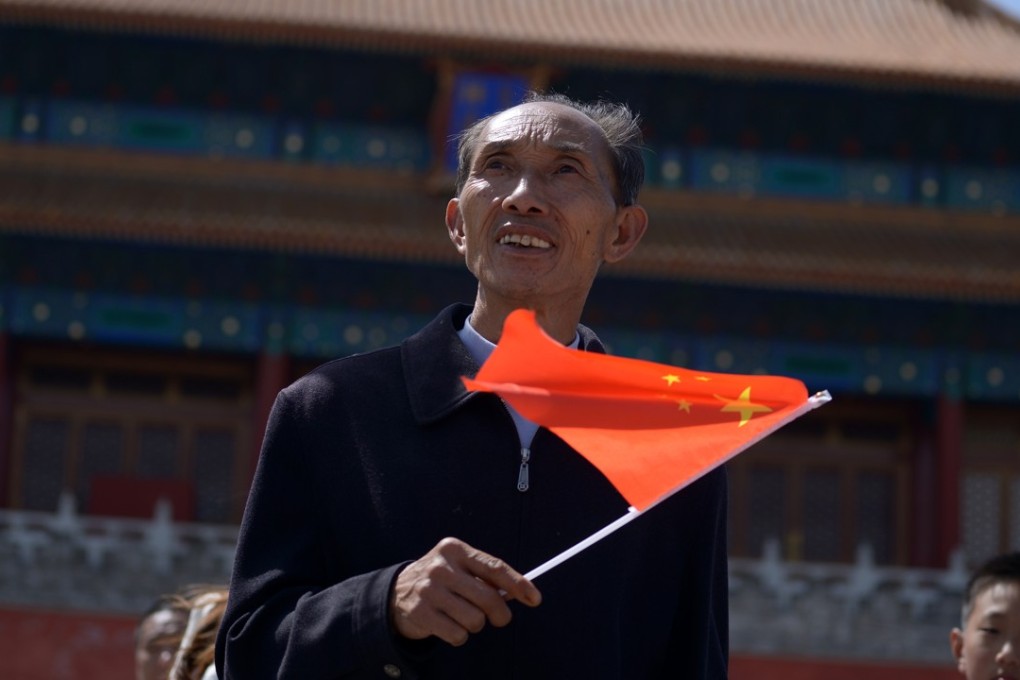The global balance of power is shifting. As the
United States retreats from global leadership,
China is expanding its international influence. Now, many in the West fear a China-led attempt to overhaul the rules and norms that underpin
the existing world order. Are they right to be afraid?
The re-emergence of China as a major regional and even world power certainly poses profound challenges to the US-led international order created after the second world war. But the goal of Chinese leaders is not explicitly to upend
that order, which did, after all, prove flexible enough to enable the impoverished China of the 1970s to become what it is today. Instead, the goal is to ensure that the existing order can adequately accommodate the interests and objectives of both China and the US.
China’s objectives are ambitious, to say the least. Deng Xiaoping’s policy of “reform and opening up” enabled an economic miracle that has lifted hundreds of millions of Chinese out of poverty. President
Xi Jinping’s task is not only to complete what Deng started, and
eradicate poverty, but also to forge an
economy that returns China to its position, held for most of recorded human
history, as a major world power.
It is that vision – what Xi calls the “
Chinese dream” – that really seems to unsettle the West, to the point that some advocate a kind of coordinated containment strategy. But the fact is that China’s domestic economy, like that of the US, is already strong enough to secure the country’s future influence.
In that context, a backward-looking strategy of rigid containment is bound to fail. Worse, it could drive China to mount a more fundamental challenge to the existing international order. The only way to preserve that order is thus to prove that it remains flexible enough to respond to China’s needs and aspirations.
Of course, this is easier said than done, not least because the West already feels blindsided by the scope and pace of China’s rise. But, if the West was understandably unprepared for a development that is unprecedented in world history, its own complacency also played a major role.
After the Soviet Union’s fall,
Francis Fukuyama declared that the “end of history” – in the teleological Hegelian sense – had arrived. From then on, he argued, building a modern society would demand a market economy and a democratic political system. In the ensuing decades – even as China grew and modernised – Western thinkers treated this self-indulgent delusion as an empirical certainty. They confirmed their biases – and obscured reality further – by relying on rigid and outdated academic models that were inadequate to explain China’s success.
